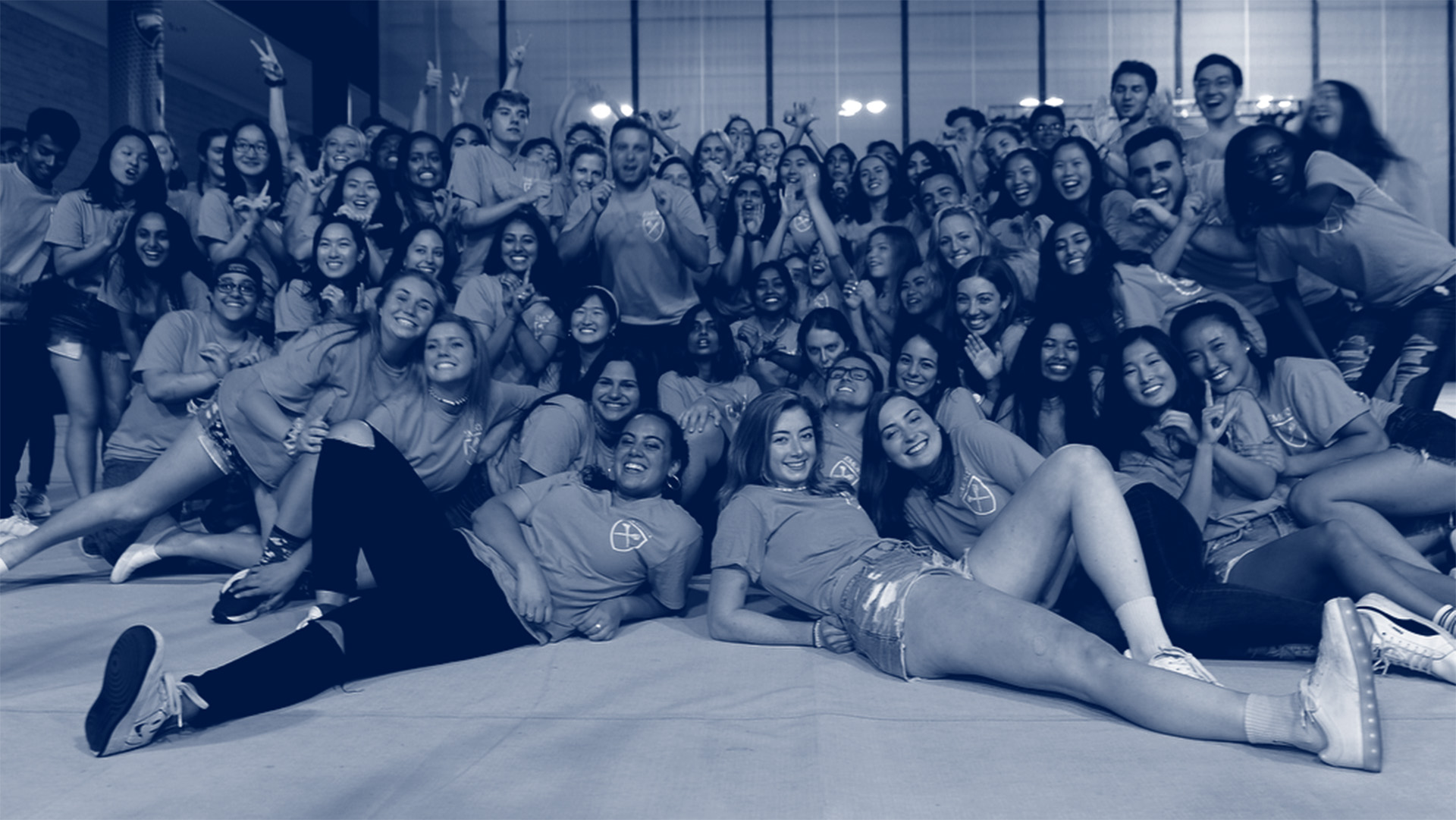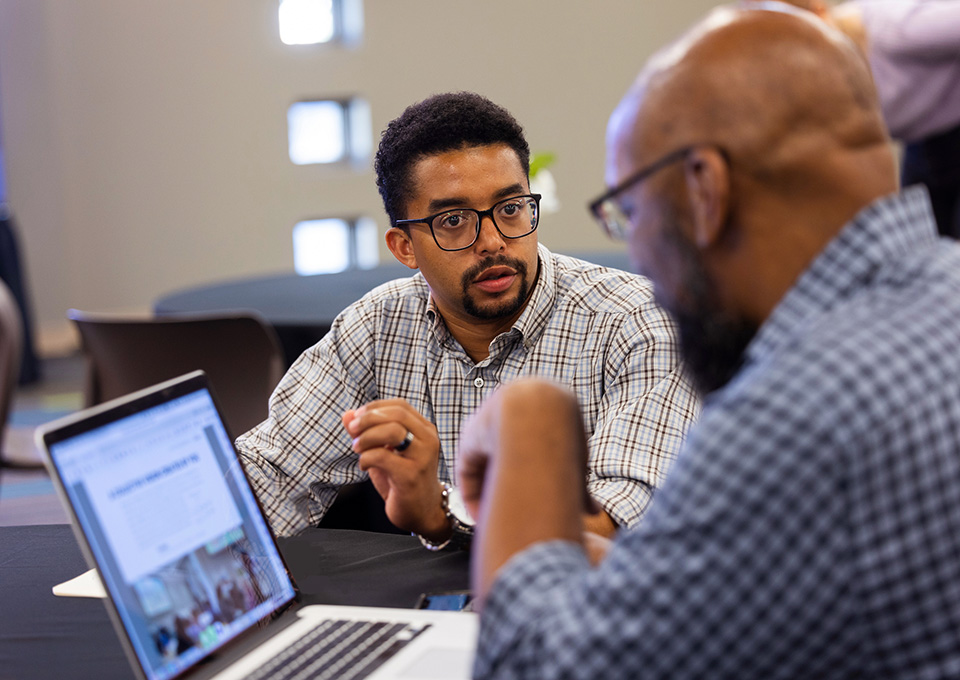
ACADEMICS
Emory’s liberal arts education prepares you for careers that exist today and those yet to come, building the critical thinking and adaptability to thrive in a changing world. Discover 140+ majors and minors, 20+ joint programs, and interdisciplinary paths that let you explore your interests through learning that goes beyond the classroom.







